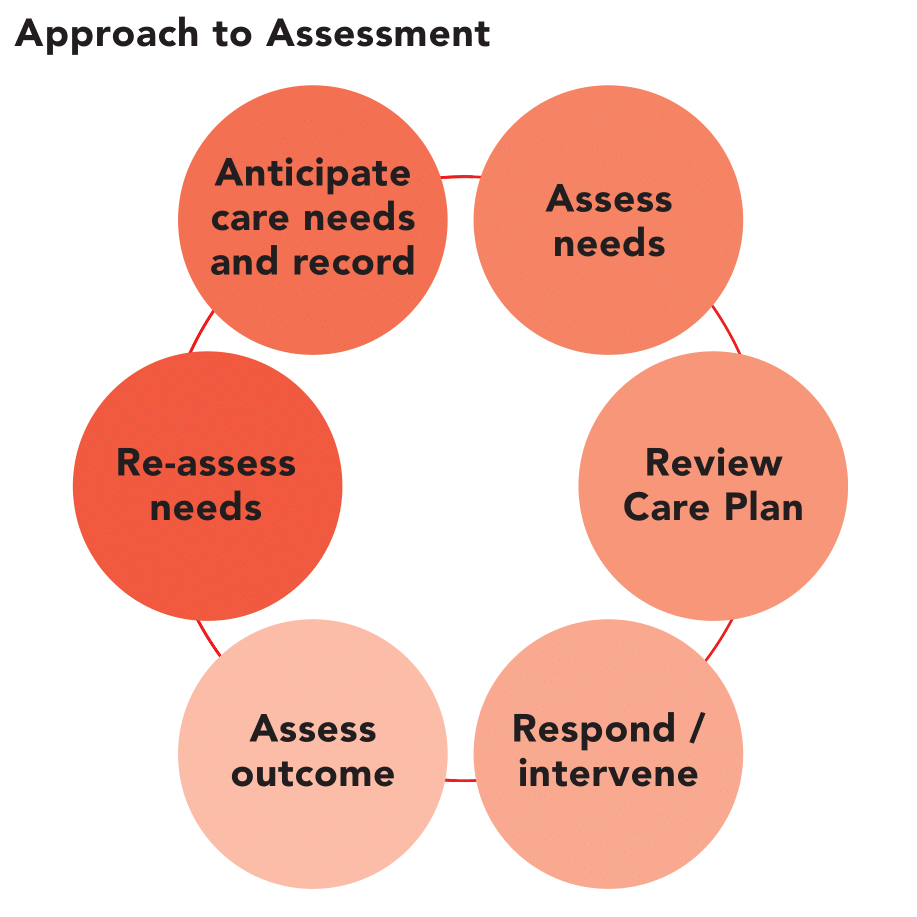
There are many options for sonography professionals. They can choose to work in a hospital, emergency department, outpatient clinic, research setting or laboratory. They typically work 40 hours per week. The salaries are excellent. Sonographers are highly in demand. The Bureau of Labor Statistics predicts that 12,000 sonographers will be available in the next ten decades.
Sonographers use an ultrasound transducer to take images of the internal structures of the body. Sonographers use sound waves for images of organs. The images are then given to a medical team. Sonographers may work overnight or on weekends.
Sonographers must be good at interpersonal communication. They must also be compassionate and empathetic towards patients. They can make all the difference in someone's life. They can also perform non-invasive procedures. Some sonographers specialize in certain areas, such as pediatrics or cardiology.

Sonographers are required to have an Associate's degree in Science. The majority of states require them to be certified in one or more of five specific ultrasound areas. They must also pass a national exam. Many sonographers also pursue further education to advance in their careers.
Sonographers can study in many specialties, such as pediatrics and neurology. Each specialty requires specialized equipment and techniques. Some sonographers specialize in non-invasive procedures. They may also be eligible for research opportunities and other educational opportunities. The Society for Vascular Ultrasound (SVA) is a professional organization that works to advance the field.
If you want to advance your career, there are a number of resources available to you through the American Registry for Diagnostic Medical Sonography (ARDMS). This organization is dedicated both to education and support for sonographers. You can also join their Facebook groups. Join ARDMS and learn how to start your sonography career.
Numerous major employers are looking for sonographers. These include Kaiser Permanente and Oregon Health and Science University. California also has a lot of companies. Cedars-Sinai Children's Hospital of LA and Kaiser Permanente, are just a few of them. These are some of the most prominent employers in the state.

On average, North Dakota's sonographers earn two percent less than that of the national median. However, this is lower than in other states. Michigan's median salary is 8 percent lower than the national median. They also make 16% less than the Mississippi median. Many organizations also hire sonographers from Michigan. Trinity Health, McLaren Healthcare and Grace Hospice are some of these organizations.
Hawaii is home to some of the highest salaries for sonographers. Hawaii is also home to the highest-paid state for sonographers. Sonographers in Hawaii earn an average of 31 percent more than the national median. The highest paying sonographers work at Kaiser Permanente.
Sonographers can work for the Department of Veterans Affairs. They also work for Dartmouth-Hitchcock Medical Center and Quality Medical Imaging. Others work at Banner Health or St. Mary's Health System.
FAQ
What is a health system in public health?
The health system refers to all activities involved with providing medical services to a community. It includes all aspects of service delivery, finance, regulation and education.
What will be the impact on the health care industry if there will be no Medicare?
Medicare is an entitlement program that provides financial aid to low income individuals and families who can not afford their premiums. This program covers more than 40 million Americans.
Millions would be without insurance coverage, as some private insurers won't offer policies to individuals with pre-existing medical conditions.
What are the main functions of a health care system?
The health system must provide quality medical services at affordable prices to all people.
This includes providing health care and promoting healthy lifestyles. This includes equitable distribution of health resources.
How can I get my free health insurance?
If you're eligible, you could apply for free coverage. You may be eligible for Medicaid or Medicare, CHIP. Children's Health Insurance Program, (CHIP), Tricare. VA benefits. Federal Employee Health Benefits. (FEHB). Military health plans. Indian Health Service (IHS).
What does "public health" actually mean?
Public health is about improving and protecting the health of the entire community. Public Health is about preventing illness, injury, and disability; encouraging good health practices; ensuring adequate food; and controlling communicable disease, environmental hazards, behavioral risks, and other threats.
Statistics
- The health share of the Gross domestic product (GDP) is expected to continue its upward trend, reaching 19.9 percent of GDP by 2025. (en.wikipedia.org)
- For instance, Chinese hospital charges tend toward 50% for drugs, another major percentage for equipment, and a small percentage for healthcare professional fees. (en.wikipedia.org)
- Consuming over 10 percent of [3] (en.wikipedia.org)
- For the most part, that's true—over 80 percent of patients are over the age of 65. (rasmussen.edu)
- The healthcare sector is one of the largest and most complex in the U.S. economy, accounting for 18% of gross domestic product (GDP) in 2020.1 (investopedia.com)
External Links
How To
How to Locate Home Care Facilities
Home care facilities assist people who require help at home. Home care facilities are available for elderly and disabled persons, as well as those with chronic diseases such Alzheimer's. These facilities provide services like personal hygiene, meal preparations, laundry, cleaning and medication reminders. They also offer transportation. They often work in close collaboration with social workers, medical professionals, and rehabilitation specialists.
You can find the best home care services provider by asking friends, family and/or reading reviews on the internet. After you've identified one or two providers you can start to ask about their qualifications, experience, and references. It is important to find a provider who can work flexible hours in order to fit your schedule. Also, check if they offer 24/7 emergency response.
You might also consider asking your doctor or nurse for referrals. If you're not sure where to start, try searching the internet for "home health care" and "nursing house". Websites like Yelp or Angie's List, HealthGrades and Nursing Home Compare are some examples.
For further information, you may call the Area Agency on Aging (AAA), or Visiting Nurse Service Associations (VNA). These organizations will have lists of agencies in your area that specialize in providing home care services.
Finding a good home care agency is important because many companies charge high patient fees. In fact, some agents charge up to 100 percent of a patient’s annual income. This is why it is important to select an agency that has been highly rated by The Better Business Bureau. Ask for references from clients who have used your agency before.
Some states even require homecare agencies that register with the State Department of Social Services. Find out the requirements for agency registration in your area by contacting your local government.
When choosing a home-care agency, there are several things you should keep in mind:
-
Avoid any company asking you to pay upfront for services.
-
Choose a well-established, reputable company.
-
Particularly if you pay out-of-pocket, be sure to get proof of insurance.
-
Check that your state licenses the agency you are about to hire.
-
Ask for a written contract detailing all costs involved in hiring the agency.
-
Check to confirm that the agency offers follow-up visits following discharge.
-
Ask for a list or certifications.
-
Sign anything without first reading it.
-
Always read the fine print.
-
Verify that the agency is insured and bonded.
-
Ask the agency how long they have been in business.
-
Verify that the State Department of Social Welfare licenses the agency.
-
Find out if there are complaints against the agency.
-
Your local government department can regulate home care agencies.
-
Ensure that the staff member answering the phone is qualified to answer questions about home care.
-
Talk to your accountant or attorney about the tax implications for home care.
-
Always request at least three bids from each agency that you contact for home care.
-
You can choose the lowest price, but not less than $30 an hour.
-
Keep in mind that you might need to pay more than one home care agency visit per day.
-
Always read the contract carefully before signing it.